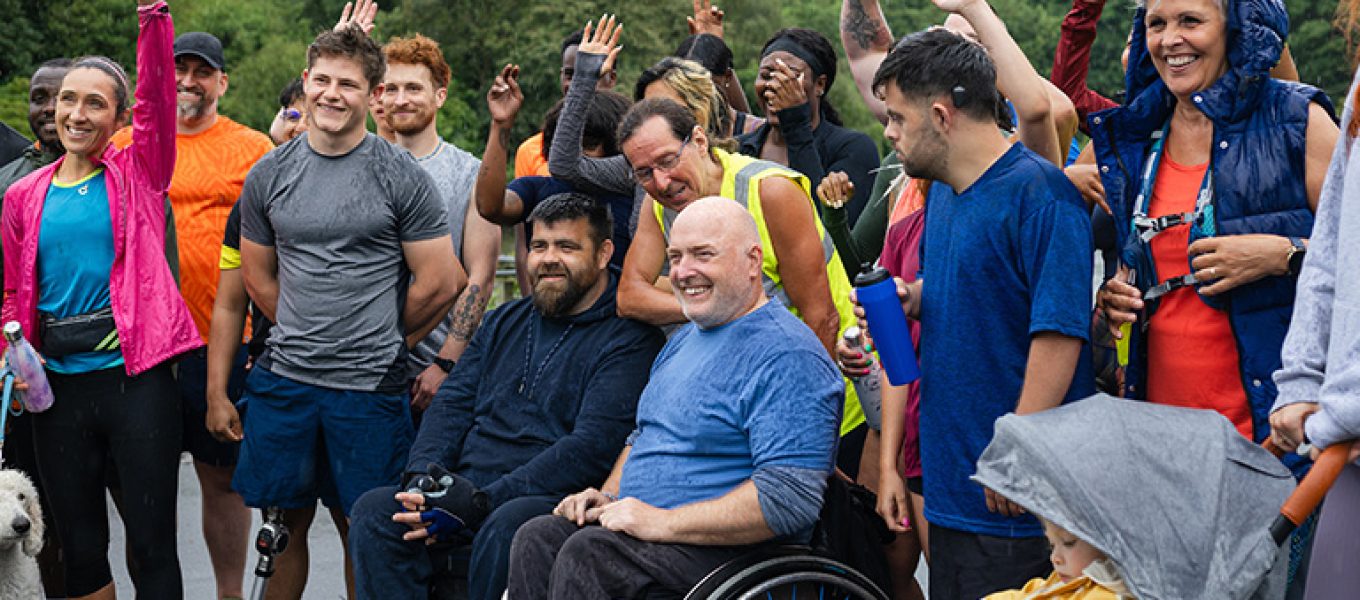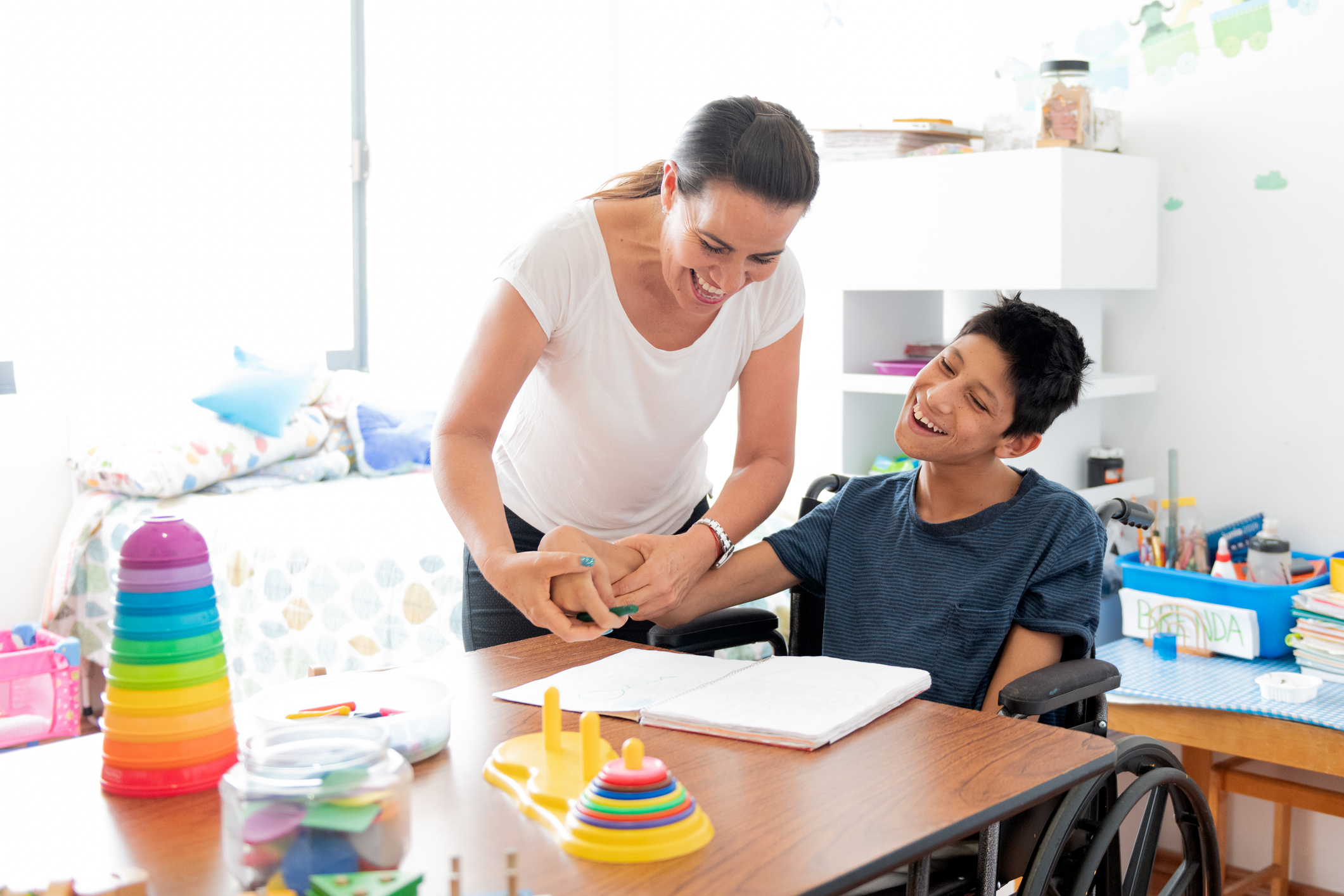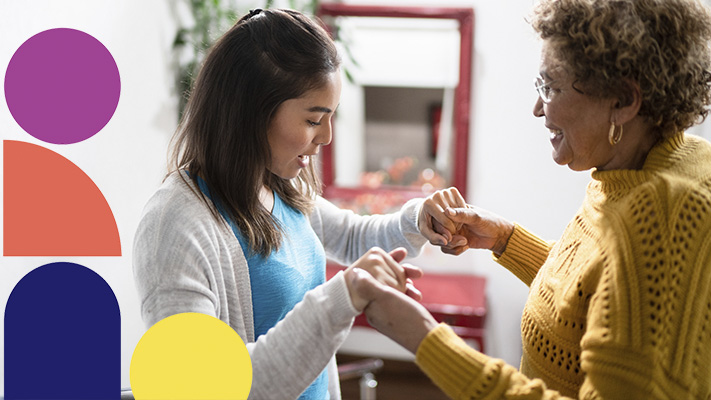Engaging in enjoyable activities can significantly enhance mental health and overall well-being. Research indicates that those who regularly participate in hobbies experience lower stress levels, improved moods, and fewer symptoms of depression.
Hobbies stimulate the brain, keeping it active and engaged. This mental stimulation can prevent cognitive decline and improve overall mental agility. Activities that involve problem-solving, creativity, or learning new skills are especially beneficial.
For Support Workers and their participants, daily routines can become monotonous and draining. Hobbies provide a refreshing break from these routines, offering variety and excitement. This change of pace can rejuvenate the mind and body. Additionally, group activities (even those conducted virtually) come with the added benefit of improving communication skills and fostering better relationships with others.
We have curated a list of six hobbies and activities which can be done from home, many of which are adaptable to those living with spinal cord injury or brain injury.
1. Creative Arts
Engaging in painting, drawing, and colouring in can be incredibly therapeutic for people with disabilities by providing a creative outlet that reduces stress and improves mood. These activities help develop fine motor skills and hand-eye coordination through precise movements required to control brushes, pencils, and markers.
2. Gardening
Indoor gardening, such as caring for potted plants or creating a small herb garden, can be a relaxing and rewarding hobby. Gardening can enhance well-being for people with disabilities by offering a therapeutic and calming activity that reduces stress and promotes relaxation. It helps develop both fine and gross motor skills through tasks like planting seeds, watering plants, and using gardening tools, which require precise hand movements and physical effort. Additionally, gardening fosters a sense of accomplishment and to enjoy the calming effects of nurturing plants.
3. Cooking and Baking:
Engaging in cooking, baking, and meal planning can significantly enhance well-being for people with disabilities by fostering creativity, improving cognitive and motor skills, and boosting self-esteem. These activities promote independent living skills also contributing to better mental and emotional health. Activities like chopping, stirring, and measuring improve fine motor skills and hand-eye coordination, while tasks such as carrying groceries and moving around the kitchen enhance gross motor abilities. Plus, the end result is a delicious meal or treat to enjoy.
4. Music:
Music therapy can be a powerful form of treatment, as well as a great hobby for adults with disabilities. Learning a musical instrument can improve fine motor skills, provide a sense of accomplishment, promote self-expression, and enhance memory and concentration. Plus, it can be a fun and creative way to bond with others and improve social interaction.
5. Puzzles and Games:
Card games such as card matching games and puzzles can be a fun and engaging pastime. They can improve cognitive skills and hand-eye coordination. mental stimulation and enjoyment. These activities can also be done with others, offering social interaction
Playing games can also help with memory, concentration, and problem-solving skills. They can also be a great way to bond with others and improve social interactions. And they can be done in a group or at home on your own, making them a versatile activity.
6. Exercise and Yoga:
Physical activity is crucial for both mental and physical health. Home-based exercises, yoga, or even dance can improve fitness, reduce stress, and enhance mood. Many online classes and videos are available to guide individuals through different routines. It is essential to ensure that hobbies and activities for people with disabilities are age-appropriate, suited to their abilities, and aligned with their care plan goals to promote holistic development and well-being as well as the opportunity for creativity, relaxation, social connection, and personal growth, all of which contribute to a higher quality of life.
Author – Unidex Healthcare



